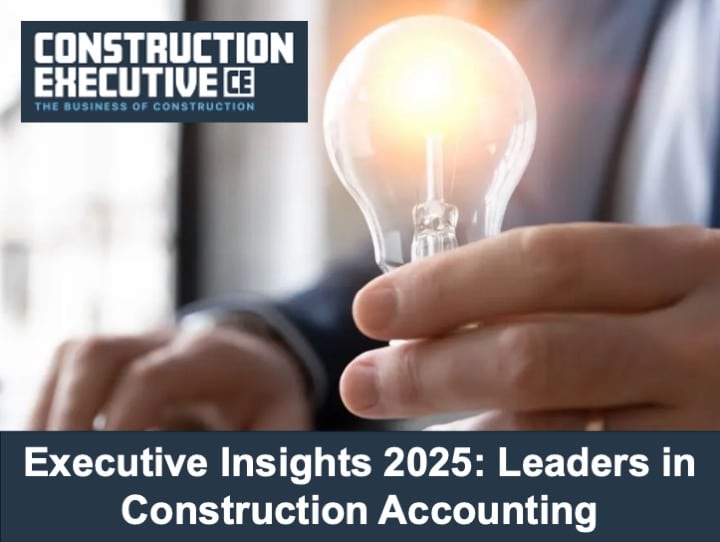OBBBA and Construction: Turning New Tax Rules Into Business Advantage
Key Takeaways
- Time equipment purchases strategically based on cash flow and projected income, not just because you can write them off.
- You’re likely doing deductible R&D without realizing it, and you may be able to claim refunds for 2022–2024.
- Accelerated depreciation through 2028 can make or break project ROI, especially for warehouses and logistics centers.
- Update your contract terms to account for tax-driven purchase timing and after-tax savings.

The One Big Beautiful Bill Act (OBBBA) has been in effect for just a few months, but already contractors and developers in the Greater New York area are asking the right question: how can I make this work for my business? While headlines focus on politics and national economics, the real value is in the details. For construction company owners, OBBBA creates immediate opportunities if you act strategically.
Don’t Just Buy, Time Your Purchases
The return of 100% bonus depreciation and expanded Section 179 deductions means equipment purchases can now be written off in the year placed into service. But here’s the nuance: timing matters. A $600,000 excavator purchased and placed into service in December 2025 delivers a different tax profile than one bought in January 2026. Owners should be running projections now to decide whether to accelerate or delay purchases based on cash flow, backlog, and projected income.
R&D Is Broader Than You Think
OBBBA restored immediate expensing for domestic R&D costs, and construction qualifies more often than many owners realize. Testing new building materials, piloting energy-efficient systems, or even investing in proprietary project management tools can count as deductible R&D. Small firms may even retroactively deduct 2022–2024 expenses, creating refund opportunities that directly improve liquidity.
Leverage Property Deductions in Project Planning
Contractors and developers building warehouses, logistics centers, or manufacturing facilities can benefit from OBBBA’s accelerated depreciation for qualified production property through 2028. This isn’t just a tax perk; it can make or break the ROI on a project. Owners evaluating whether to hold or flip property should factor in how front-loaded deductions change the math.
Contract Strategy Under New Rules
With more capital tied up in equipment and property, project cash flow is under the microscope. OBBBA’s changes make it even more critical to revisit contract structures, specifically:
- Escalation clauses to offset rising material costs.
- Payment schedules that align with tax-driven purchase decisions.
- Bid strategies that account for after-tax savings on equipment or facility builds.
What Smart Owners Are Doing Now
- Running “what-if” scenarios on equipment purchases to capture tax savings without overextending cash.
- Auditing past R&D spending for refund opportunities.
- Incorporating tax-driven depreciation into project proposals, especially for property-heavy developments.
- Revisiting entity structure to ensure eligibility for permanent Qualified Business Income (QBI) deductions.
Bottom Line for Construction Companies
The July headlines covered OBBBA’s sweeping scope. Now it’s time for construction company owners and managers to get tactical. The businesses that will come out ahead are those that translate these provisions into real strategies by factoring tax savings into bids, purchase decisions, and contract structures starting now.
If you’re unsure how these provisions apply to your business, let’s talk. We work with construction owners across Greater New York to align tax strategy with real-world planning so you can build smarter, not just harder.






